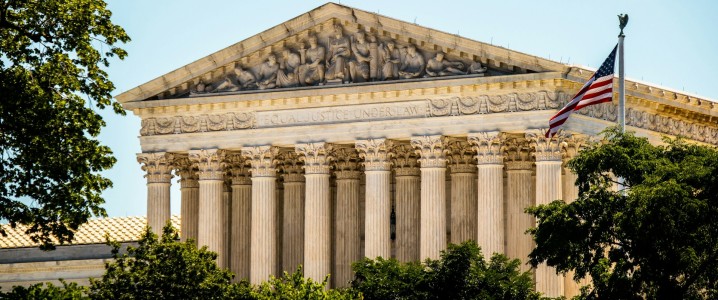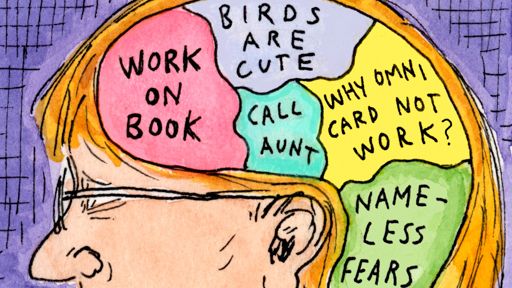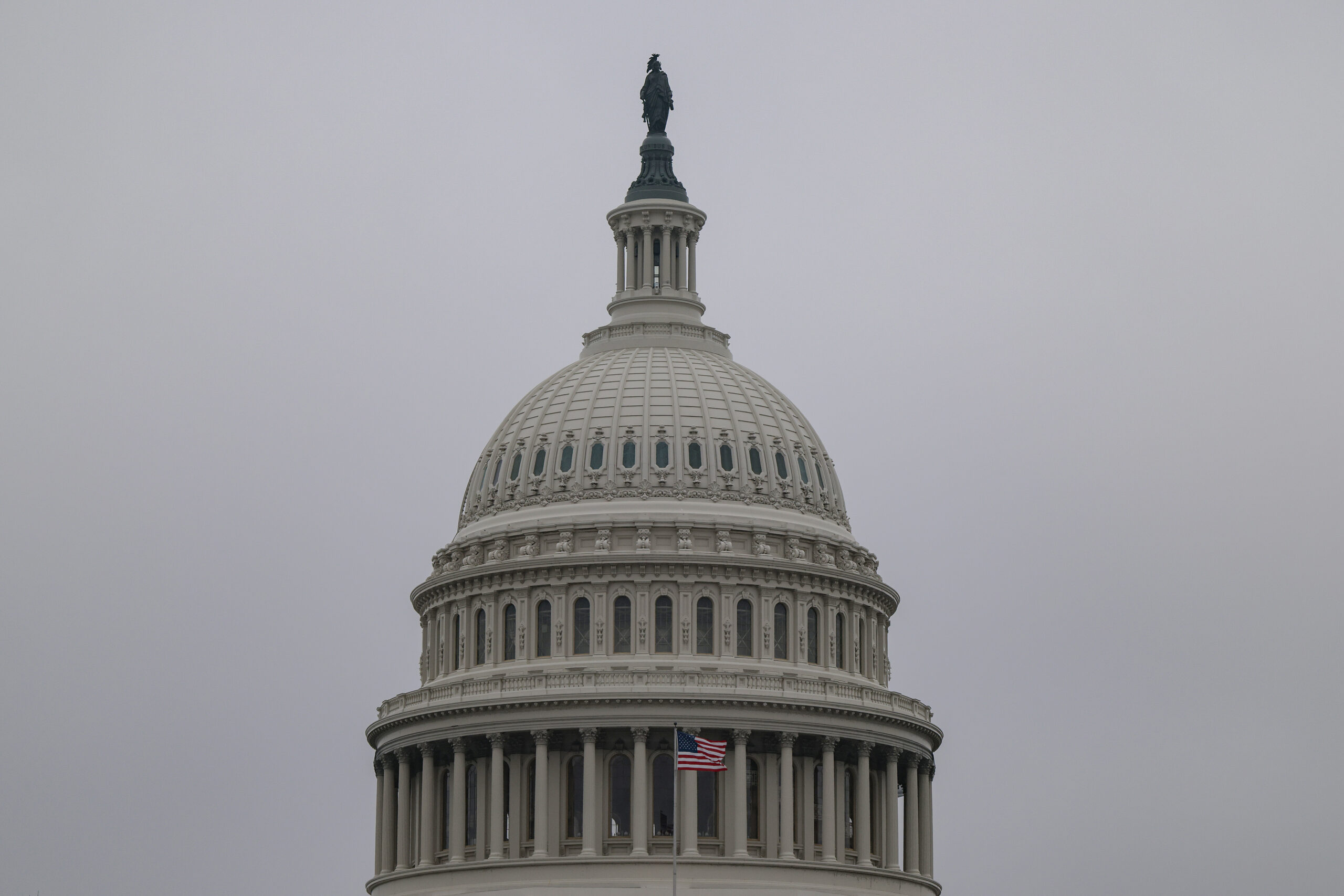U.S. health officials are urging food manufacturers to phase out petroleum-based artificial colors from the nation’s food supply. While stopping short of a formal ban, they have called for significant changes, leaving questions about implementation.
US health officials seek to phase out artificial dyes from the food supply
Key Takeaways:
- Officials Urge Phase-Out: U.S. health officials are calling on food makers to eliminate petroleum-based artificial colors.
- No Formal Ban Announced: There is currently no official ban on these artificial dyes.
- Few Implementation Details: Officials have provided limited specifics on how to achieve the phase-out.
- Potential Impact on Food Industry: The request may lead to significant changes in food manufacturing practices.
U.S. health officials have announced a significant push for food manufacturers to phase out petroleum-based artificial colors from the nation’s food supply. This initiative marks a notable step toward altering the ingredients commonly found in a wide range of food products.
A Call for Change
“U.S. health officials say they will urge food makers to phase out petroleum-based artificial colors in the nation’s food supply,” according to the recent report. This move reflects growing concerns about the use of synthetic additives in foods consumed by millions of Americans daily.
No Formal Ban in Place
Despite the strong urging, officials stopped short of promising a formal ban on these artificial dyes. The absence of regulatory enforcement leaves the decision to comply largely in the hands of the food manufacturers themselves.
Lack of Specifics Raises Questions
The officials offered few specifics on how they intended to achieve the phase-out. This lack of detail has led to uncertainty within the industry about the timeline and methods for removing these colors from products.
Implications for Food Manufacturers
Food manufacturers may face significant operational adjustments if they choose to eliminate petroleum-based artificial colors. Reformulating products to replace synthetic dyes with natural alternatives could involve substantial research and development efforts.
Public Health Considerations
The initiative suggests a heightened focus on public health and consumer awareness regarding artificial additives. By advocating for the removal of these dyes, officials appear to be aligning with a broader trend toward cleaner food labeling and ingredient transparency.
Looking Ahead
While the officials’ request does not carry the weight of law, it serves as a strong indicator of possible future regulations. The food industry, consumers, and health advocates alike will be watching closely to see how this situation unfolds and what steps manufacturers will take in response.











